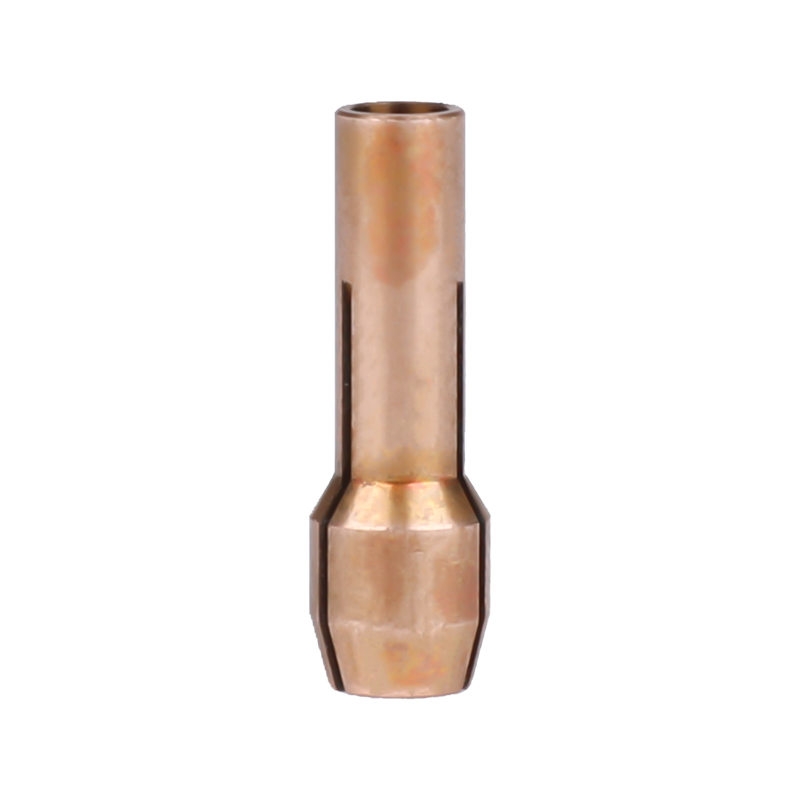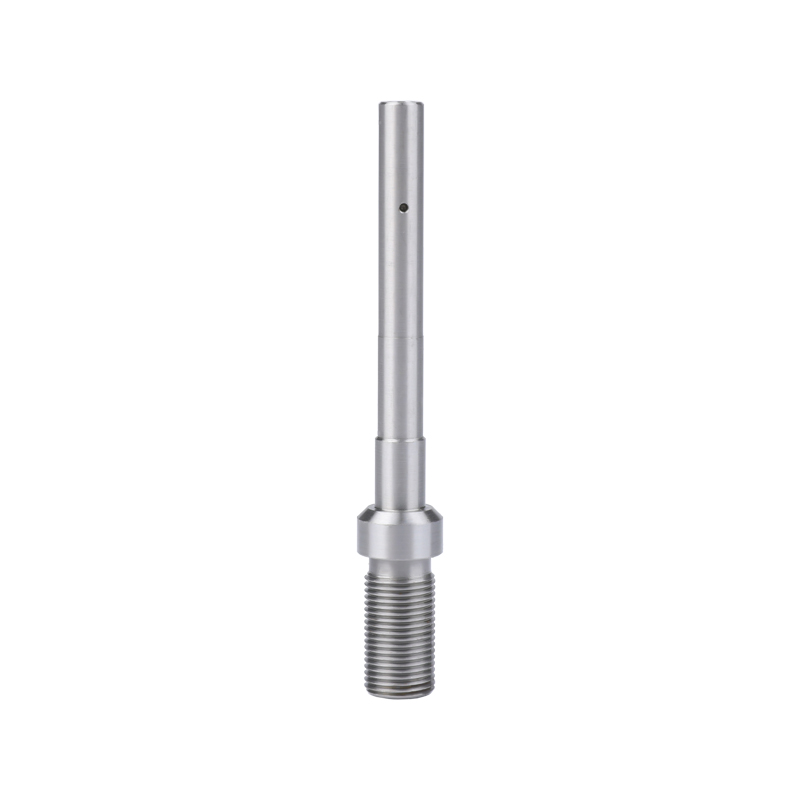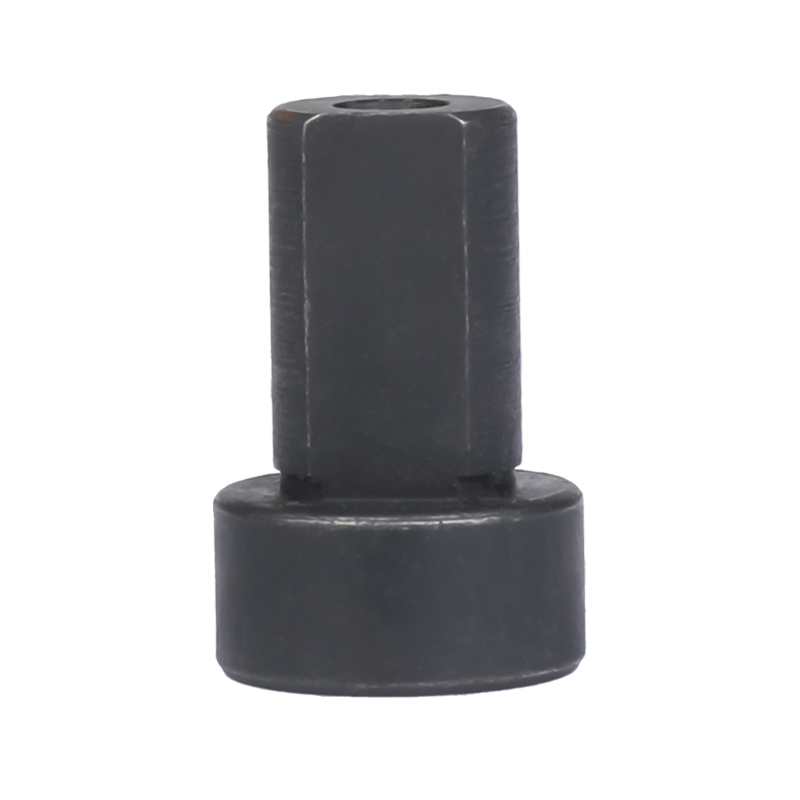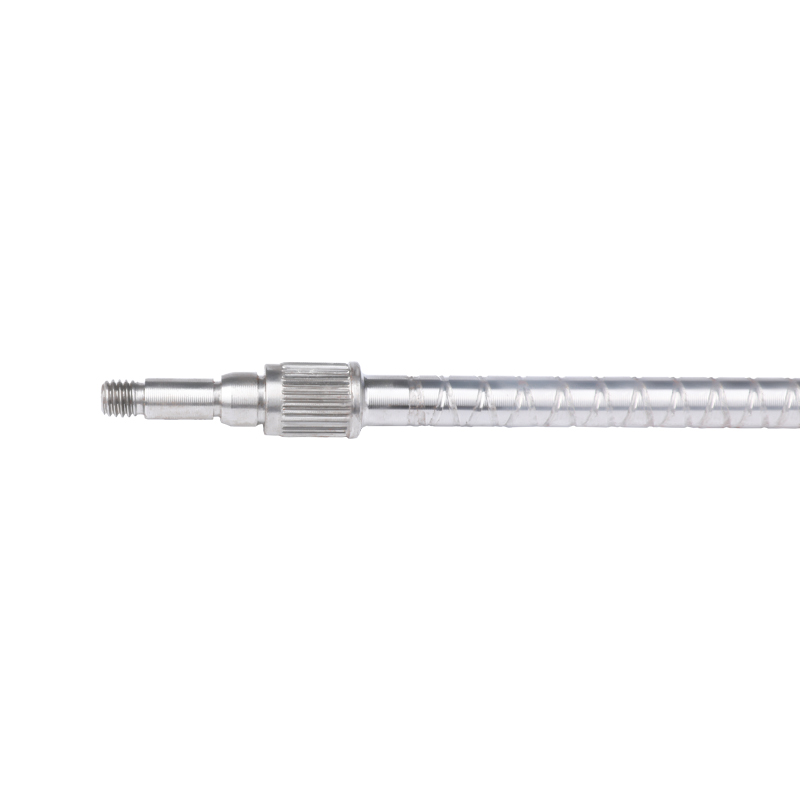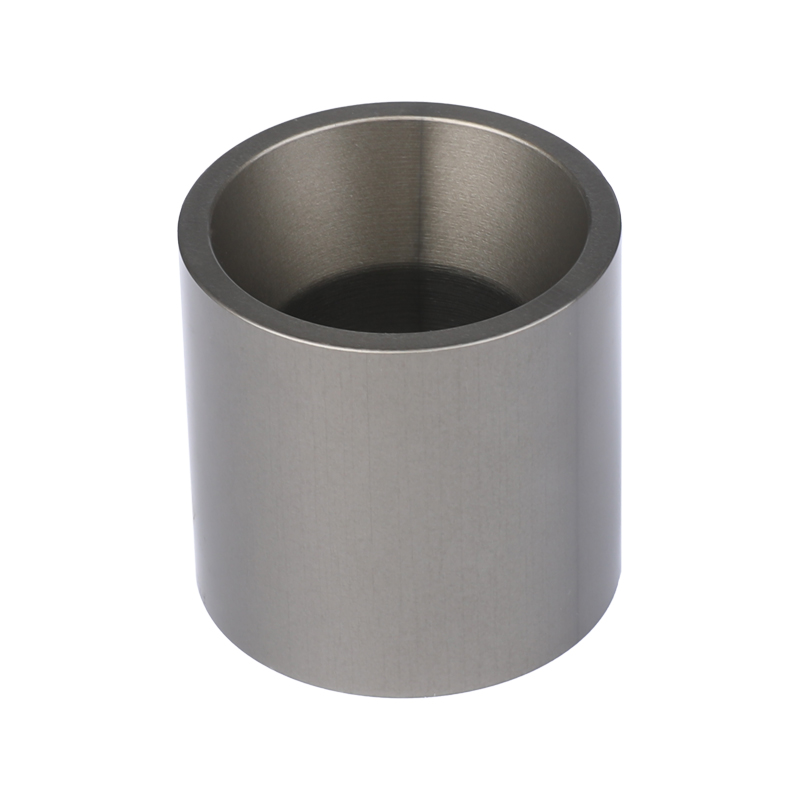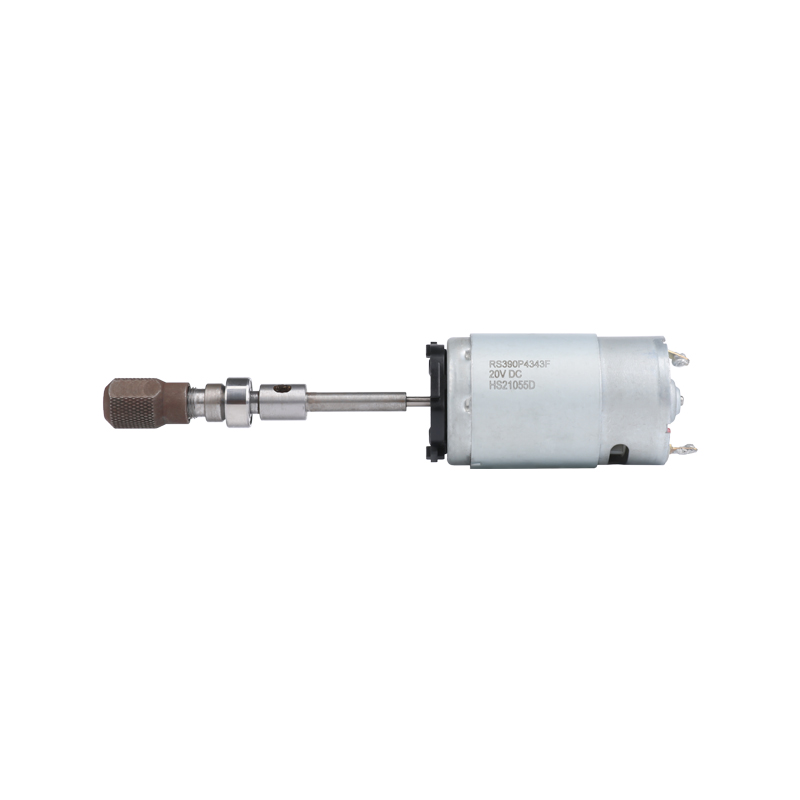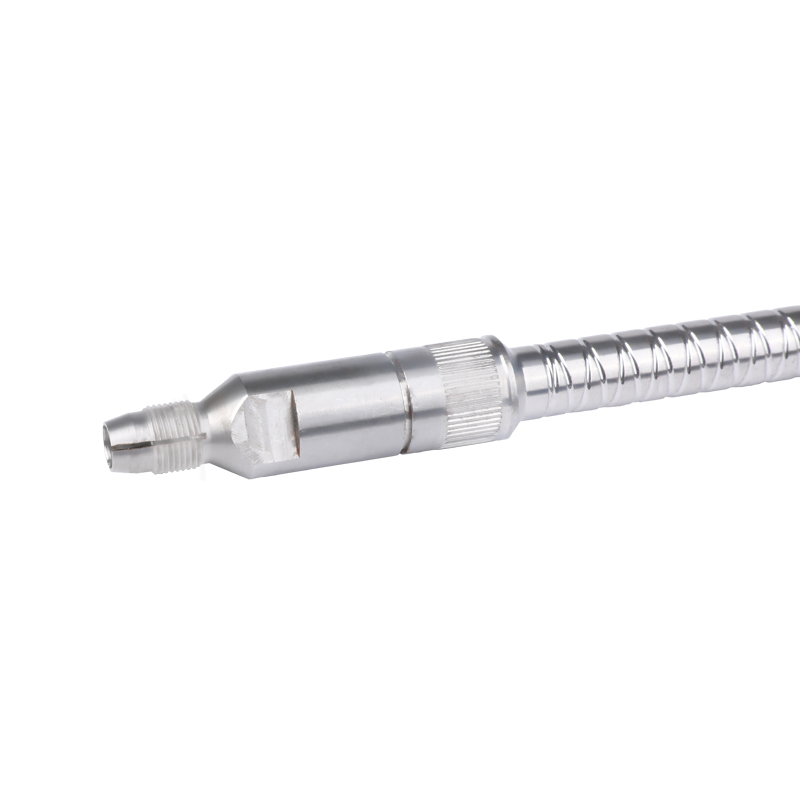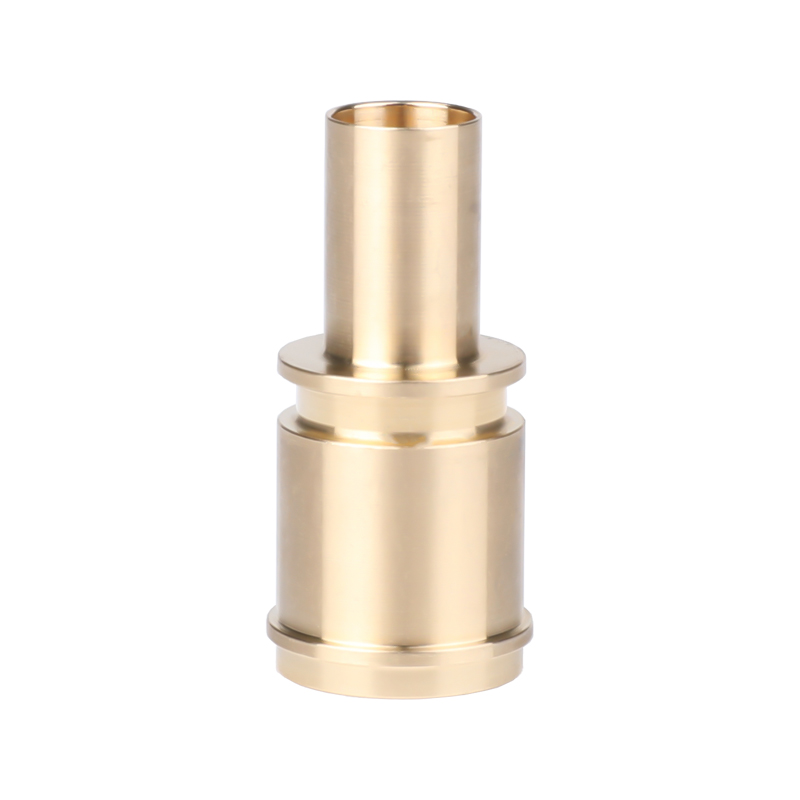At a time when the manufacturing industry is booming, the quality of surface galvanized fasteners is increasingly valued. As a key component, the quality of the processing technology of nuts directly determines the performance of the products. Turning and milling composite precision machining of customized iron parts is applied to nut manufacturing, which opens up a new path for improving the surface quality of nuts and the subsequent galvanizing effect, and greatly optimizes product performance.
Turning and milling composite processing technology is not a simple superposition of turning and milling, but a cutting-edge technology based on advanced CNC technology that uses the synthetic movement of the milling cutter and the workpiece to complete complex surface processing. In the nut manufacturing process, this unique processing method has shown outstanding advantages. When the nut is turned and milled, the cutting trajectory of the tool is extremely complex and uniform. The milling cutter rotates at a high speed, and the workpiece also rotates at a specific speed. The coordinated movement of the two enables the tool to cut the inner thread and outer surface of the nut in a more delicate and comprehensive way. Compared with the traditional single processing method, turning and milling composite processing can effectively reduce the roughness of the nut surface and achieve a high degree of smoothness of the inner thread and outer surface.
The smoothness of the nut surface has a profound impact on its subsequent galvanizing treatment and final performance. In the pre-galvanizing process, nuts manufactured by traditional processing methods often require a lot of grinding work to smooth the surface due to their rough surface to ensure that the galvanized layer can be evenly attached. However, the smooth internal threads and external surfaces of nuts processed by turning and milling significantly reduce the amount of grinding work. This not only saves manpower, material resources and time costs, but more importantly, it reduces the surface damage that may occur during the grinding process and ensures the integrity of the nut matrix.
The smooth nut surface has unique advantages in the galvanizing process. The uniform adhesion of the galvanized layer is one of the key factors to ensure the corrosion resistance of fasteners. When the nut surface is smooth enough, the galvanizing liquid can be more evenly covered on the nut surface to form a galvanized layer of uniform thickness. Compared with the rough surface, the smooth surface can reduce the possibility of defects such as uneven thickness and missed plating in the galvanized layer. In the internal thread part of the nut, the smooth surface brought by the turning and milling composite processing also allows the galvanized layer to penetrate evenly into every detail of the thread, comprehensively improving the protection effect of the internal thread.
The smooth surface after turning and milling can also enhance the bonding force between the galvanized layer and the iron substrate. The microscopic flatness of the surface provides a larger effective contact area between the galvanized layer and the iron substrate, allowing the galvanized layer to better blend with the substrate to form a stronger bond. This strong bonding force can effectively resist the erosion of the external environment and the effect of mechanical stress, and prevent the galvanized layer from falling off and peeling during use, thereby significantly improving the corrosion resistance of the fasteners.
In actual application scenarios, nuts, as key components for connecting and fastening various parts, often face harsh working environments. Whether in a humid outdoor environment or in an industrial production environment with corrosive media, the corrosion resistance of nuts is directly related to the safety and reliability of the entire equipment or structure. The surface galvanized nuts made of customized iron parts using turning and milling composite precision machining can maintain stable performance in these harsh environments with their excellent surface quality and galvanizing effect, effectively extending the service life of the equipment and reducing maintenance costs.
In the manufacturing of nuts, the turning and milling composite precision machining of customized iron parts has a positive and far-reaching impact on the galvanizing pre-treatment process, the uniform adhesion of the galvanized layer, and the bonding strength between the galvanized layer and the substrate by improving the smoothness of the inner thread and the outer surface of the nut. Ultimately, it significantly improves the corrosion resistance of the surface galvanized nuts, provides the manufacturing industry with more high-quality and reliable fastener products, and promotes the technological progress and development of related industries.

 English
English Español
Español 日本語
日本語 中文简体
中文简体